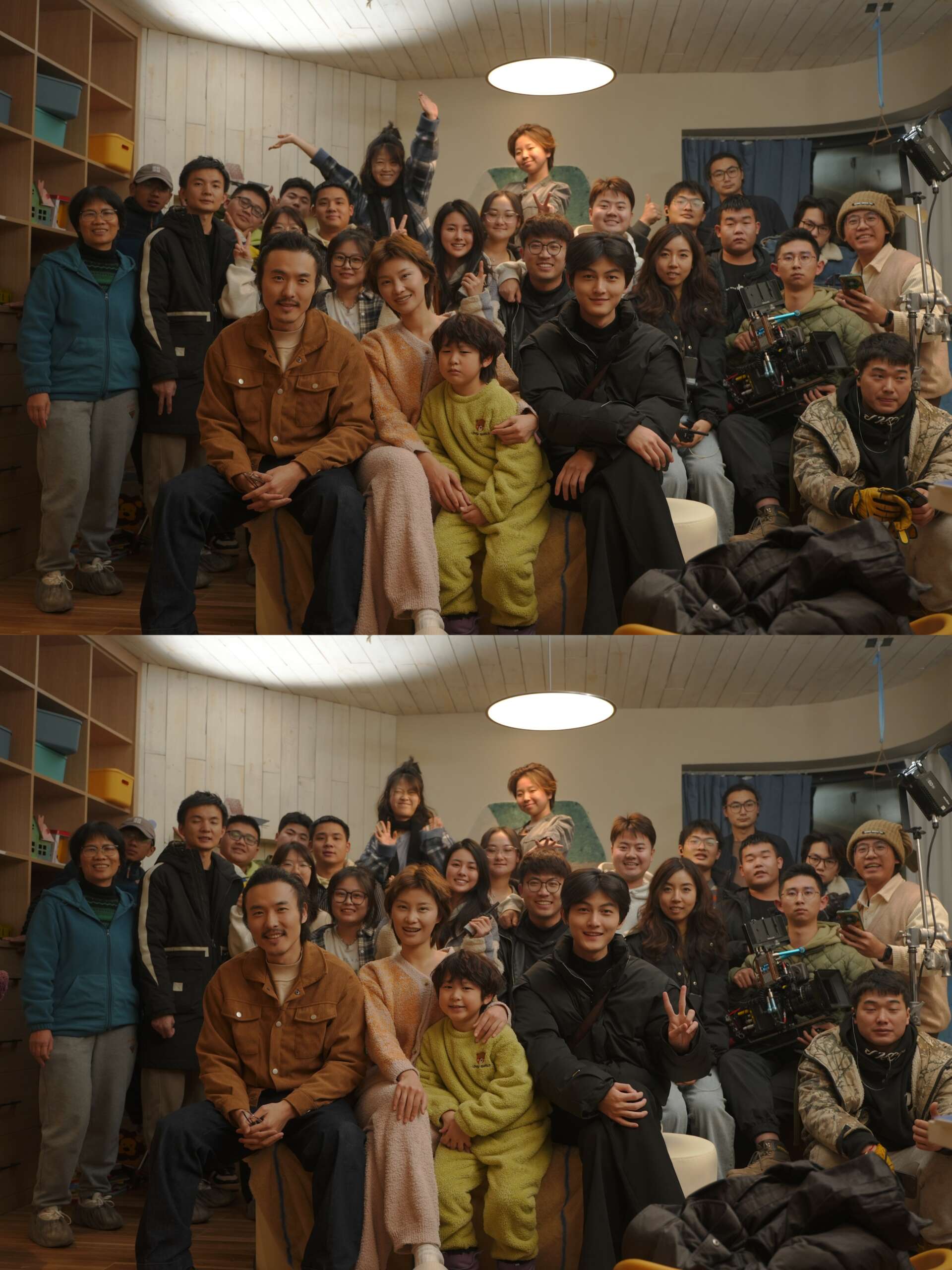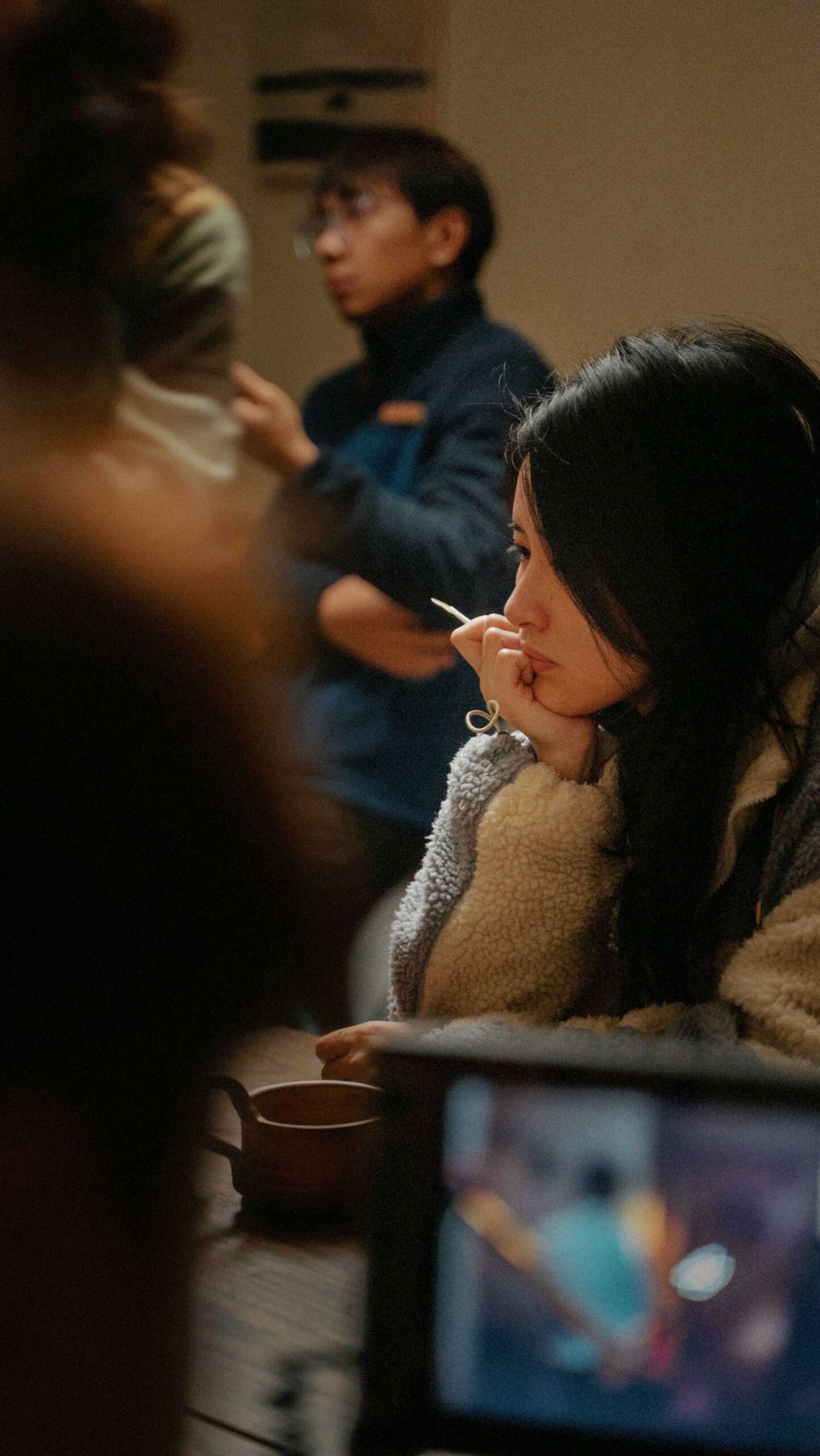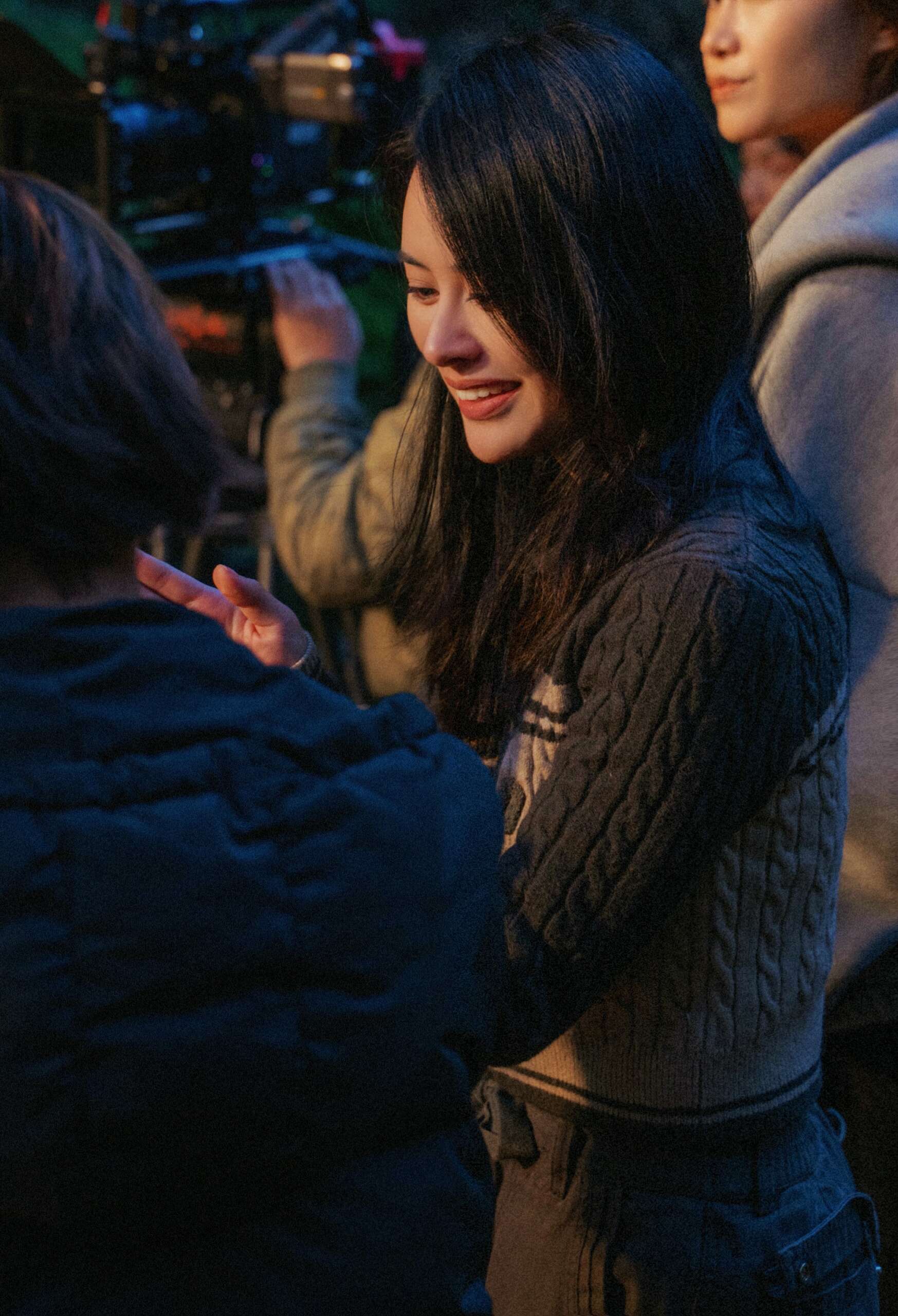We’re excited to introduce you to the always interesting and insightful Siren Xuanying Lai. We hope you’ll enjoy our conversation with Siren below.
Alright, Siren thanks for taking the time to share your stories and insights with us today. Before we get into specifics, let’s talk about success more generally. What do you think it takes to be successful?
Many different aspects contribute to a producer’s success. One of the most fundamental is connections. The film, TV, and entertainment industries are often perceived as highly prestigious and exclusive. People within these industries are more inclined to assist individuals within their network. Therefore, strong connections benefit you at every level, providing guidance when navigating unfamiliar territory and opening doors to unforeseen opportunities. This holds true for both newcomers and established figures in the industry. Networking is paramount—always. Personally, I secured my first commercial project through an executive producer I connected with during a coffee chat.
Another crucial element is marketing acumen. A producer’s time is finite, allowing for only a few projects each year, particularly for feature films. Whether focusing on festival success or business achievements, understanding upcoming marketing trends and selecting the right subject matter significantly increases your chances of success before the game even begins.
However, I would argue that the most critical factor in earning the trust of a production crew is crisis management skills. I recall one of my professors at USC Cinema School emphasizing the producer’s role as a firefighter—you must be prepared to extinguish fires. You never know when or where they’ll arise, but they’re inevitable. Crises could occur on a shooting day, such as when your lead actress contracts COVID-19. They could involve last-minute absences of key crew members or the sudden loss of a filming location due to permit issues. When the whole team is lost and panicked, the producer is always the person who steps out and takes care of the problem.



Great, appreciate you sharing that with us. Before we ask you to share more of your insights, can you take a moment to introduce yourself and how you got to where you are today to our readers.
All those years, I engaged in various activities related to this field as hobbies, such as modeling, theater acting, and managing social media accounts. I didn’t realize that the reason I pursued all of these activities was due to my passion for entertainment until I began graduate school at USC. Many courses I took related to video production and advertising captivated me and motivated me to learn more about film production. After working on a few student projects, I suddenly realized that production is what I’ve always wanted to do and I’m pretty good at it. Since then, I have consistently pursued a career path in film production.
I believe what sets me apart from many other Asian Female producers is my background in communication, advertising, Public Relations, and Marketing. One crucial technique that a producer has to excel in is pitching. It’s like a salesman, a good producer could sell her/his project to an investor, production company, and the audience. And luckily I have years of training for that.


What’s the most rewarding aspect of being a creative in your experience?



What do you think is the goal or mission that drives your creative journey?
I guess it’s the fear of leading an ordinary life. I am a Chinese girl who comes from a traditional family. People I know typically lead standard, ordinary lives: they graduate, date, marry, and hold jobs that require them to work five days a week, earning standard paychecks, with a limited social circle. They may only be twenty or thirty years old, but you can easily imagine how their lives will be ten or twenty years from now—same job, same city, same people around them. I’m not saying that’s not good; I just think that’s not for me.
Fortunately, I have parents who support me in pursuing what I want to do, which encourages me to find my passion and reject the normal societal standards of a good life. Filmmaking is not a stable career path; it’s quite the opposite, especially as a freelance producer. However, it also offers a new adventure every time I take on a project. I get to meet people I would never otherwise know, go to places I would never otherwise visit, and do things that are astonishing and unconventional, things I wouldn’t dream of doing. I love this aspect of my life; it makes me feel alive.
Contact Info:
- Instagram: https://www.instagram.com/aizawakiko_?igsh=YTQwZjQ0NmI0OA%3D%3D&utm_source=qr
- Linkedin: https://www.linkedin.com/in/xuanyinglai?utm_source=share&utm_campaign=share_via&utm_content=profile&utm_medium=ios_app


